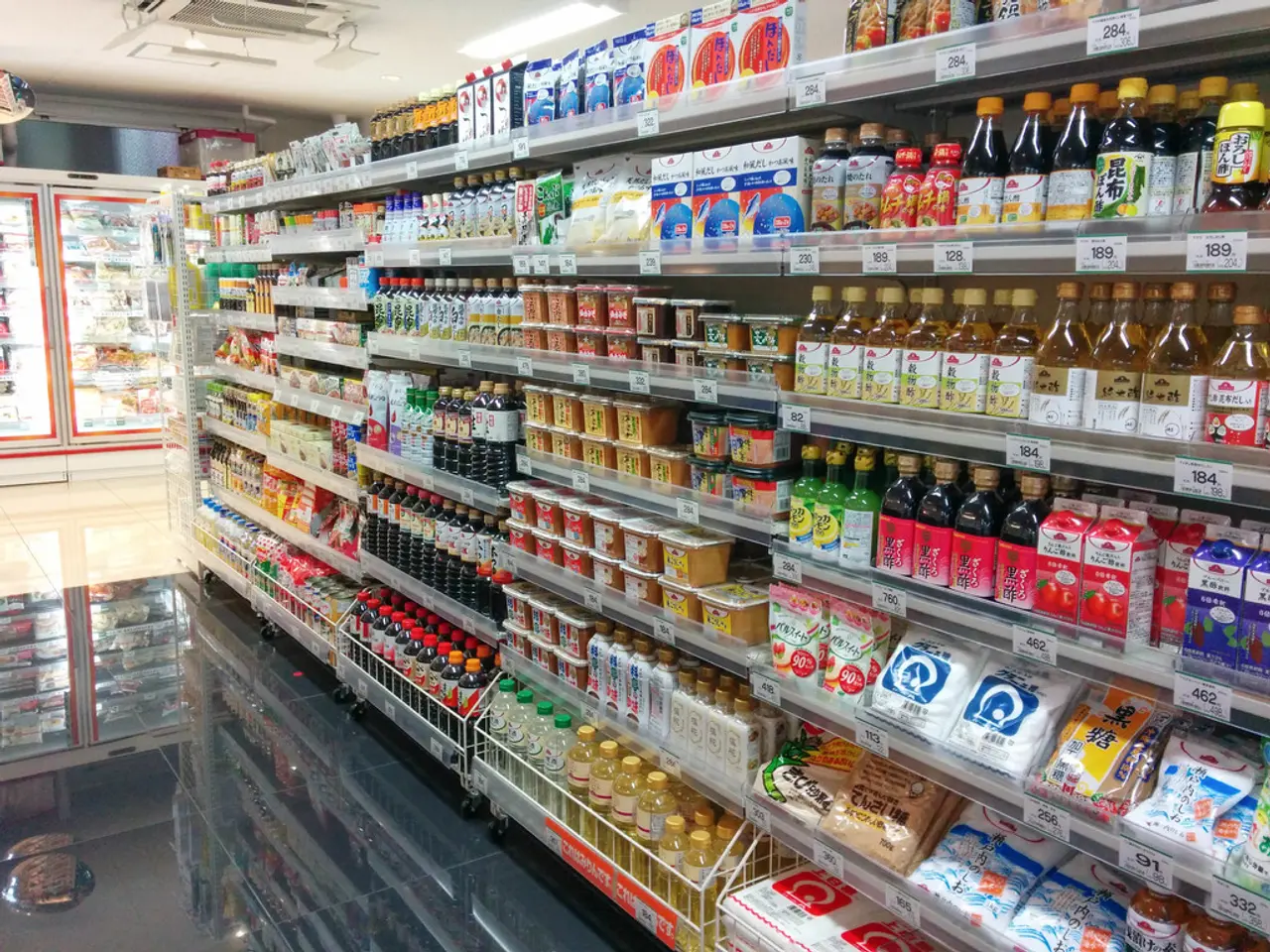U.S. Dairy Sector Urges Canada for Quota Modifications - The Globe and Mail
As negotiations between the U.S. and Canada regarding changes to Canada's supply management system, particularly related to the U.S. dairy industry's demands, remain tense and unresolved, Canada has shown flexibility in its trade relations with other countries.
The U.S. dairy industry is not demanding an increase in Canada's dairy import quotas or a reduction in tariff rates, as these are prohibited by Canadian legislation passed in June 2025. Instead, the U.S. is seeking changes to how Canada manages its supply system, particularly concerning the low-cost exports of milk proteins (milk solids) like skim milk powder. The U.S. asserts that Canada's system keeps domestic milk prices artificially high, allowing Canada to export dairy proteins at very low prices internationally, which undermines U.S. competition. This pricing issue is under investigation by the U.S. International Trade Commission, with hearings scheduled soon.
In contrast, Canada and New Zealand have resolved a dispute over CPTPP dairy tariff rate quotas. As of October 1, 2025, Canada will provide importers of New Zealand dairy access to the tariff rate quota, marking a concession on dairy tariffs. This suggests that Canada is willing to provide limited market access and tariff-rate quota adjustments within the CPTPP framework while maintaining its domestic supply management protections.
Comparing the two situations, the U.S.-Canada negotiations focus on changes to export pricing and management, while the Canada-New Zealand agreement revolves around tariff rate quotas under the CPTPP tariff framework. The U.S. dairy industry demands changes to Canada's system, but no quota increase or tariff reduction is allowed by law. On the other hand, Canada conceded specific tariff rate quota adjustments as agreed in the Canada-New Zealand agreement.
Matthew Kronby, a partner in our website's International Trade and Investment practice, stated that Canada and New Zealand are trying to put their trade relationships on solid ground in the face of Trump's actions. Kronby believes that Canada is unlikely to make fundamental changes to its supply management system to secure a trade deal with the U.S. under the Trump administration.
Despite the ongoing tension, as of late July 2025, Canada has so far resisted U.S. demands to overhaul or scrap the supply management system. The looming threat of a 35% tariff on Canadian goods beginning on August 1 unless a new trade deal is signed before then adds pressure to the negotiations. However, the nature and extent of the concessions made by Canada to New Zealand in their trade agreement remain unspecified.
Kronby suggests that even with a formal trade deal, the Trump administration may not abide by its terms. The deal between Canada and New Zealand, while temporary, highlights the benefits of the rules-based trading system. The specific tariffs or trade barriers that may be imposed by the U.S. on Canadian goods remain unmentioned.
- The U.S. dairy industry's demands for changes in Canada's supply system, specifically in regards to milk proteins exports, are part of the ongoing business and politics, as these negotiations affect both the finance sector (given the potential revenue losses for both countries) and general-news, with media outlets closely following the developments.
- In contrast, the Canada-New Zealand agreement, which involves tariff rate quota adjustments, is a significant event in the global trade industry, particularly within policy and business discussions, as it demonstrates flexibility in trade relations and the adherence to rules-based trading systems, as advocated by experts like Matthew Kronby in financial and general-news contexts.




